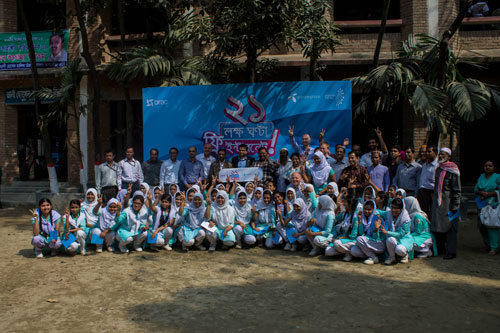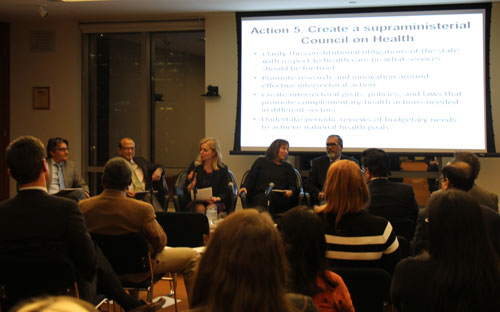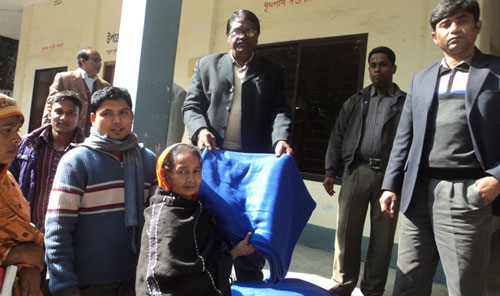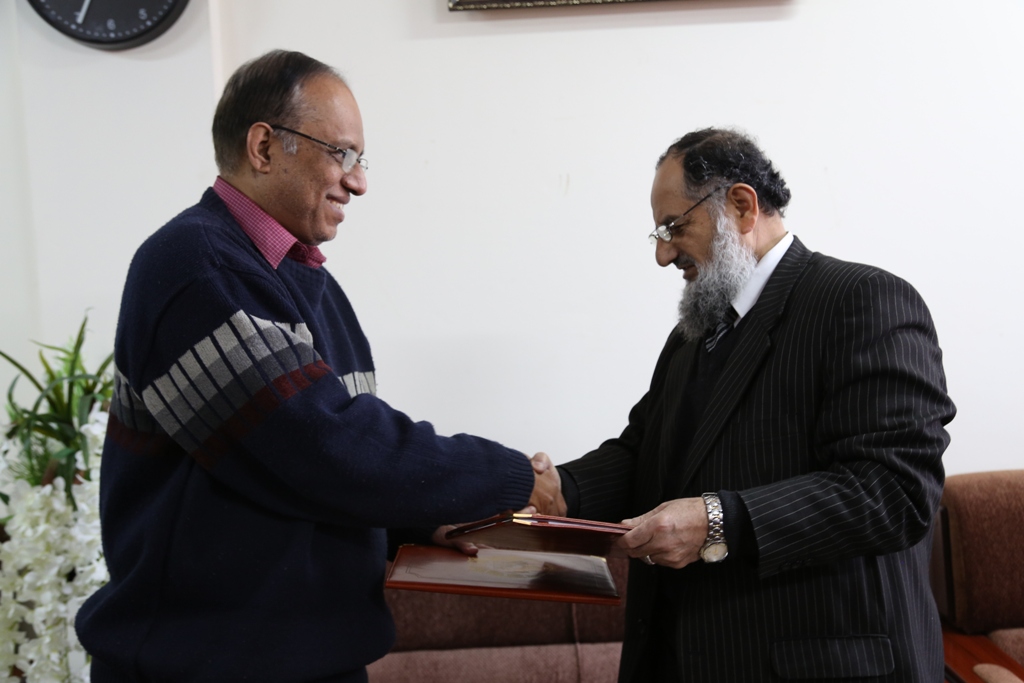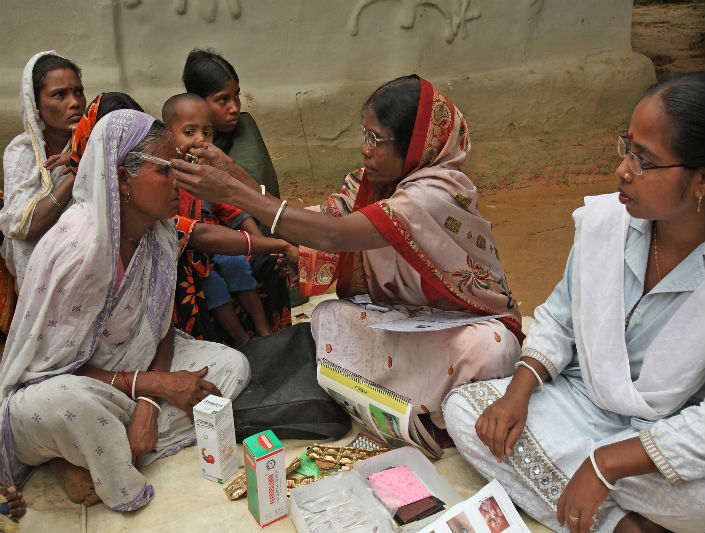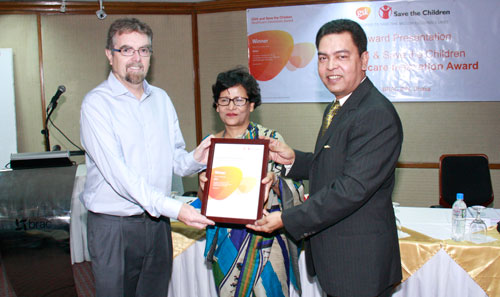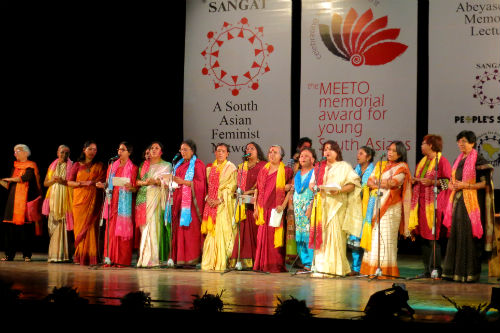
Every week in Bangladesh, more than 10 women suffer from some form of violence. In India, 22 women are killed every day in dowry-related murders, while in Sri Lanka, 60 per cent of women report having suffered physical abuse. Additionally, in Pakistan, more than 450 women and girls die every year in so-called “honour killings,” and incidents of human trafficking in Nepal are still highly prevalent.
Numerous women’s rights organizations and NGOs have taken the initiative to fight against violence and discrimination against women in South Asia. One Billion Rising (OBR), a global campaign to end violence against woman, took place on February 14, 2013. In Bangladesh approximately three million men and women gathered on the streets with support from over 400 organizations across 206 countries.
On November 30, 2013, One Billion Rising for Justice (OBR4J), the second phase of the campaign, was launched in Bangladesh at the Shilpakala Academy, in Jatiya Natyashala, Dhaka. The launch was organised by Sangat, a South Asian feminist network and Nijera Kori, Bangladesh. The event included introductions from writer, feminist and coordinator of OBR’s South Asian chapter, Kamla Bhasin, and women’s rights activist and coordinator of OBR Bangladesh, Khushi Kabir. There was also a memorial for feminist activist, Sunila Abayasekara, announcement of the Meeto Memorial Award for social commitment, and songs dedicated to South Asian women and their struggles.
Kamla Bhasin launched the South Asian chapter of the second phase of this campaign, calling on men and women to rise against injustice. She said, “This is the greatest war ever, and violence against women cannot and will not be tolerated anymore. We have been fighting this battle for centuries, for decades and the time is put our concerted efforts [together].”
OBR4J is an invitation to break free from confinement, obligation, shame, guilt, grief, pain, humiliation, rage, and bondage. It a revolutionary global call to survivors to release their stories through art, dance, marches, ritual, song, spoken word, or testimonies.
The launch included dance performances by the group Shadhona. A flash mob was also performed by a group of women who work in the ready-made garments (RMG) industry. These women had also faced violence in the form of acid attacks, domestic violence and sexual assault. Their performance to OBR’s theme song “Break the chain” portrayed the strength and power of women to rise and move forward.
It is within this context that OBR4J South Asia was launched on November 30, 2013. “Our work for this campaign begins now. From today we will rise for justice in every form,” said Kamla Bhasin. In the lead up to the landmark event set to take place on February 14, 2014, numerous events and actions will take place engaging a wide range of stakeholders.
CONTACT:
Chiraranjan Sarker 88 01730347963
Tanveer Ahmed Khan 88 01816361158
One Billion Rising Bangladesh, This email address is being protected from spambots. You need JavaScript enabled to view it.


